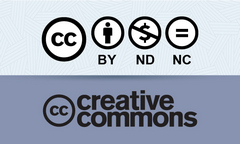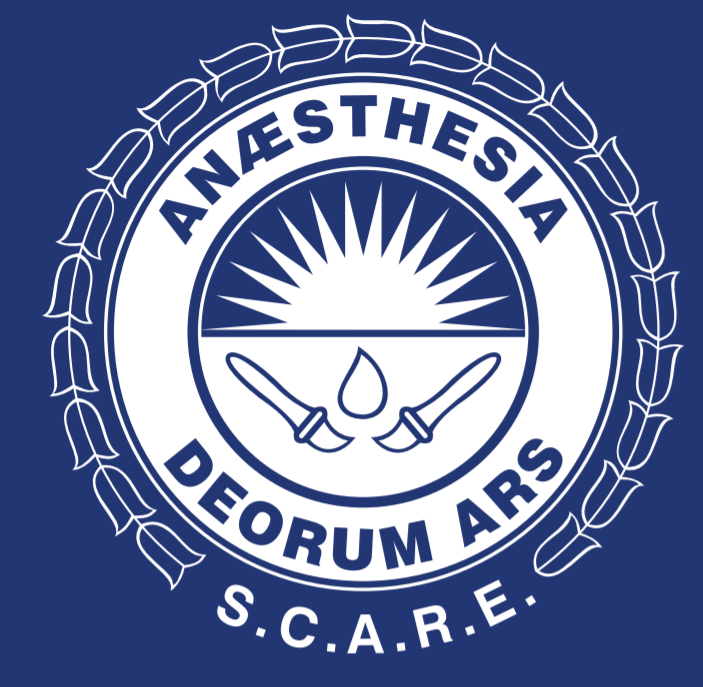How drug companies manipulate prescribing behavior
Abstract
Pharmaceutical companies affect prescribing behavior through various means, including pharmaceutical salespeople (drug reps), drug samples, influential peers, and educational events. Information on drugs provided by industry representatives has been shown to be inaccurate. Drug samples are among the most effective marketing tools that companies have. "Thought leaders" or "key opinion leaders" are used to persuade peers to use drugs for unapproved uses, raise awareness of targeted diseases, and to shape perceptions of a drug's benefits and harms, as well as perceptions about competing drugs. Although grants provided for talks, seminars, and meetings are described as "unrestricted," it is understood that the company gets to select some speakers, and that speakers with views that undermine marketing messages will not be invited. Promotion has been shown to increase physicians' prescription of targeted drugs, and increases prescription costs.
References
2. Sigworth SK, Nettleman MD, Cohen GM. Pharmaceutical branding of resident physicians. JAMA 2001;289:1024-1025.
3. Steinman MA, Shlipak MG, McPhee SJ. Of principles and pens: attitudes and practices of medicine housestaff toward pharmaceutical industry promotions. Am J Med 2001;110:551-557.
4. McKinney WP, Schiedermayer DL, Lurie N, et al. Attitudes of internal medicine faculty and residents toward professional interaction with pharmaceutical sales representatives. JAMA 1990;264:1693-1697.
5. Dana J, Loewenstein G. A social science perspective on gifts to physicians from industry. JAMA 2003;290:252-255.
6. Wood SF, Podrasky J, McMonagle MA, et al. Influence of pharmaceutical marketing on Medicare prescriptions in the District of Columbia. PLoS One 2017;12:e0186060.
7. Perlis RH, Perlis CS. Physician payments from industry are associated with greater Medicare part D prescribing costs. PLoS One 2016;11:e0155474.
8. Yeh JS, Franklin JM, Avorn J, et al. Association of industry payments to physicians with the prescribing of brand-name statins in Massachusetts. JAMA Intern Med 2016;176:763-768.
9. Chren MM, Landefeld CS. Physicians' behavior and their interactions with drug companies: a controlled study of physicians who requested additions to a hospital drug formulary. JAMA 1994;271:684-689.
10. Lurie N, Rich EC, Simpson DE, et al. Pharmaceutical representatives in academic medical centers. J Gen Intern Med 1990;5:240-243.
11. Wazana A. Physicians and the pharmaceutical industry: is a gift ever just a gift? JAMA 2000;283:373-380.
12. Brax H, Fadlallah R, Al-Khaled L, et al. Association between physicians' interaction with pharmaceutical companies and their clinical practices: a systematic review and meta-analysis. PLoS One 2017;12:e0175493.
13. Mintzes B, Lexchin J, Sutherland JM, et al. Pharmaceutical sales representatives and patient safety: a comparative prospective study of information quality in Canada, France and the United States. J Gen Intern Med 2013;28:1368-1375.
14. Shaughnessy AF, Slawson DC, Bennett JH. Separating the wheat from the chaff: identifying fallacies in pharmaceutical promotion. J Gen Intern Med 1994;9:563-568.
15. Molloy W, Strang D, Guyatt G, et al. Assessing the quality of drug detailing. J Clin Epidemiol 2002;55:825-832.
16. Spurling GK, Mansfield PR, Montgomery BD, et al. Information from pharmaceutical companies and the quality, quantity, and cost of physicians’ prescribing: a systematic review. PLoS Med 2010;7:e1000352.
17. Sah S, Fugh-Berman A. Physicians under the influence: social psychology and industry marketing strategies. J Law Med Ethics 2013;41:665-672.
18. Ornstein C, Jones RG, Tigas M. Now there's proof: docs who get company cash tend to prescribe more brand-name meds. 2016; ProPublica, Cited [11 Aug 2016]. Available from: https://www.propublica.org/article/doctors-who-take-company-cash-tend-to-prescribe-more-brand-name-drugs.
19. Elliott C. The drug pushers. Atlantic Monthly. 2006. [Cited 11 Aug 2016]. Available at: https://www.theatlantic.com/magazine/archive/2006/04/the-drug-pushers/304714/.
20. Krumholz SD, Egilman DS, Ross JS. Study of neurontin: titrate to effect, profile of safety (STEPS) trial: a narrative account of a gabapentin seeding trial. Arch Int Med 2011;171:1100-1107.
21. Hill KP, Ross JS, Egilman DS, et al. The advantage seeding trial: a review of internal documents. Ann Intern Med 2008;149:251-258.
22. Spelsberg A, Prugger C, Doshi P, et al. Working Group on Health and Working Group on Freedom of Information, Transparency International Deutschland eV. Contribution of industry funded post-marketing studies to drug safety: survey of notifications submitted to regulatory agencies. BMJ 2017;356:j337.
23. Barbour V, Burch D, Godlee F, et al. Characterisation of trials where marketing purposes have been influential in study design: a descriptive study. Trials 2016;17:31.
24. Carlat D. Dr. Drug Rep. November 25, 2007;New York Times Magazine, Available from: http://www.nytimes.com/2007/11/25/magazine/25memoir-t.html.
25. Fugh-Berman A, Melnick D. Off-label promotion, on-target sales. PLoS Med 2008;5:e210.
26. Meixel A, Yanchar E, Fugh-Berman A. Hypoactive sexual desire disorder: inventing a disease to sell low libido. J Med Ethics 2015;41:859-862.
27. Moynihan R. Key opinion leaders: independent experts or drug representatives in disguise? BMJ 2008;336:1402-1403.
28. Fugh-Berman A. Doctors must not be lapdogs to drug firms. BMJ 2006;333:1027.
29. Fugh-Berman A. Key opinion leaders: thus are our medical meetings monitored. BMJ 2008;337:a789.
30. Farmacéuticas deberán reportar pagos a actores del Sistema. Eje 21, June 30, 2018. Available from: http://www.eje21.com.co/2018/06/farmaceuticas-deberan-reportar-pagos-a-actores-del-sistema/.
31. Open Payments. (database). [Cited 11 Aug 2016]. Available from: https://www.cms.gov/openpayments/.
32. Iskowitz M. Limits on pharma payments to doctors back on policy menu. Medical Marketing Media. [Cited 08 Nov 2017]. Available from: https://www.mmm-online.com/legalregulatory/limits-on-pharma-payments-to-doctors-back-on-policy-menu/article/706001/.
33. Avorn J. Academic detailing: “Marketing” the best evidence to clinicians. JAMA 2017;317:361-362.
34. DC Center for Rational Prescribing. Available from: https://dchealth.dc.gov/dcrx.
Downloads
Altmetric
| Article metrics | |
|---|---|
| Abstract views | |
| Galley vies | |
| PDF Views | |
| HTML views | |
| Other views | |














